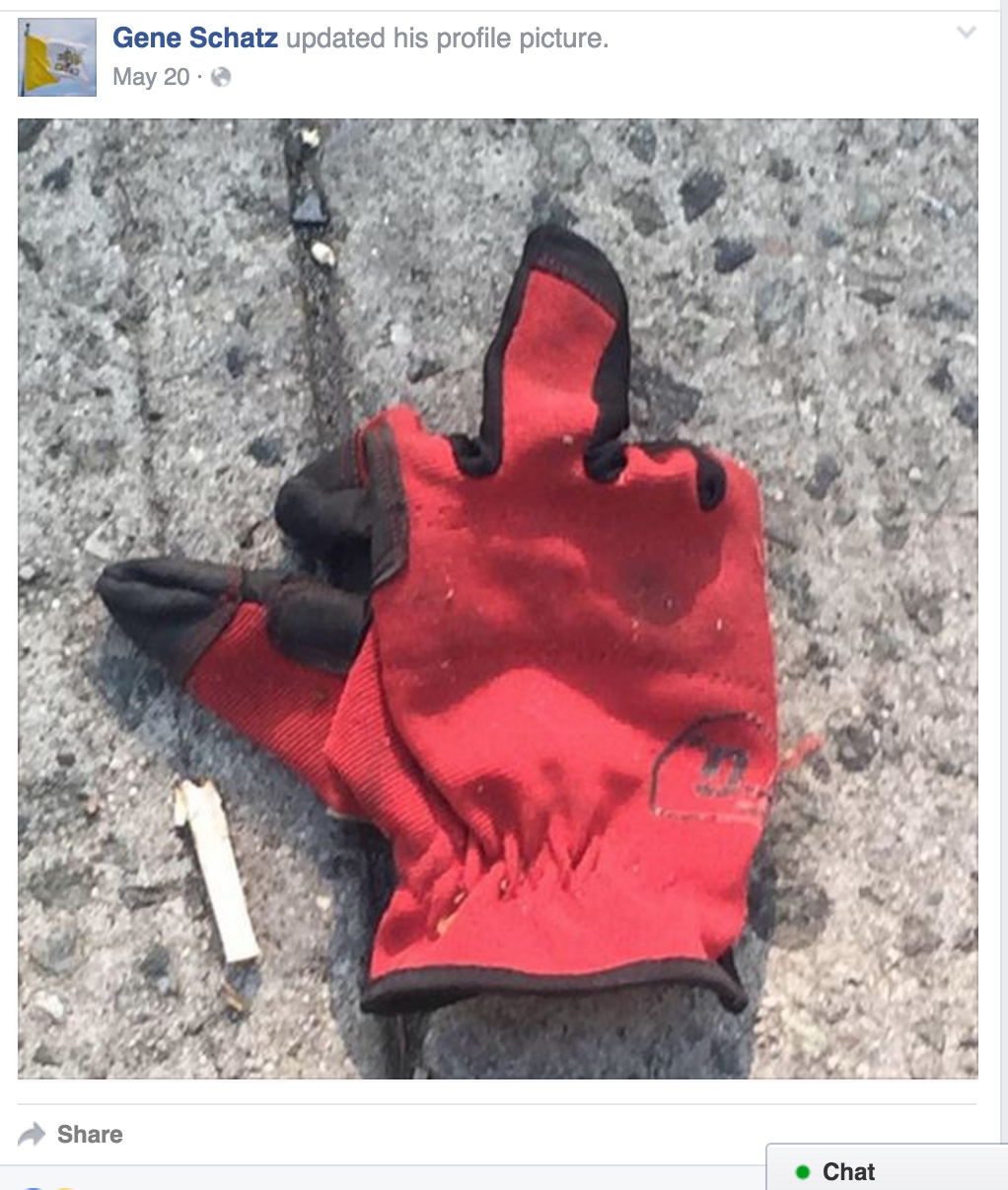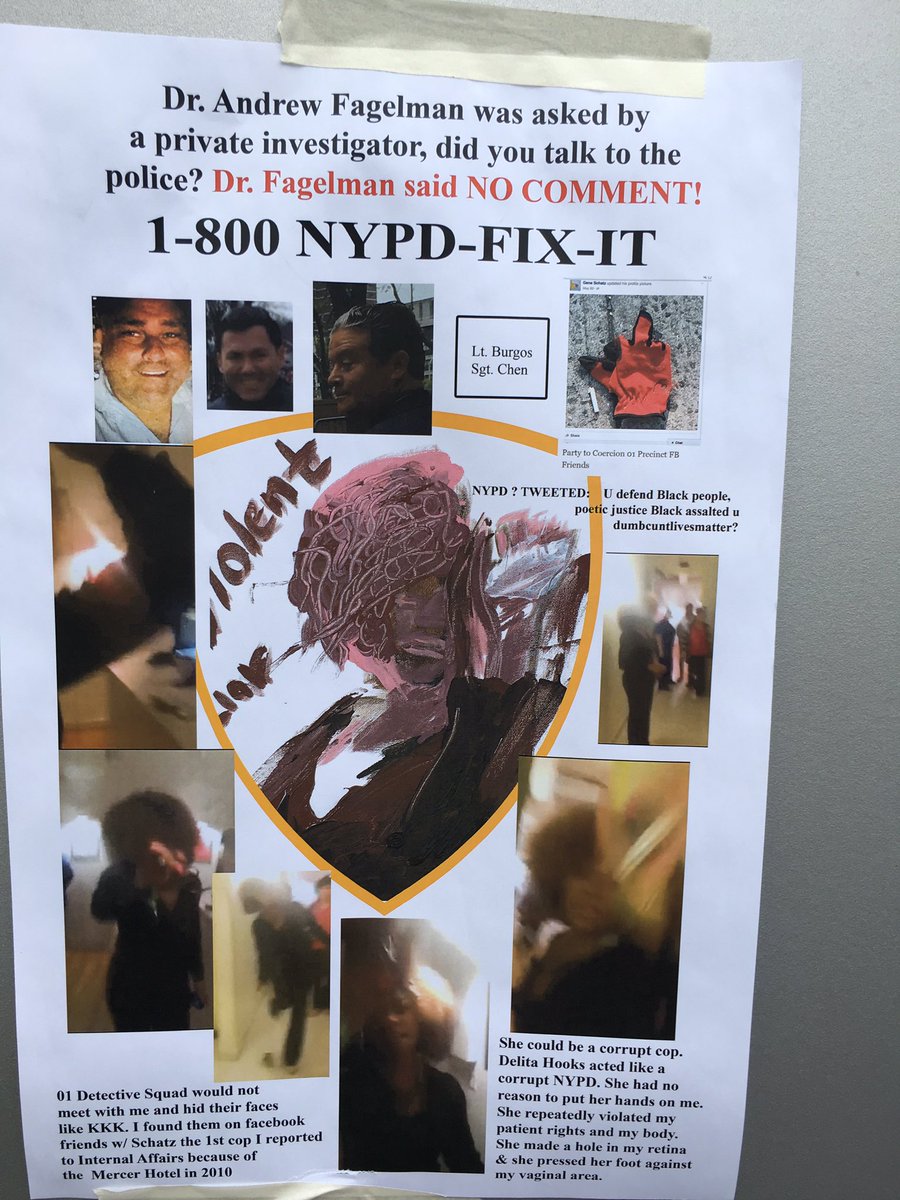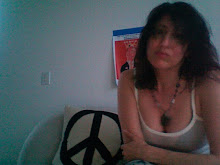New York Police Dept. Questioning of Protesters Was Improper, Rights Lawyers Tell Commissioner
This police officer or detective along with others overseas illegal parking so their job is parking valets overseeing illegal parking for the Manhattan DA right in front of Cy Vances office tale of two worlds One corrupt and above the law.
Zachary Carter has not brought change but is protecting police corruption including in my case and I have proof the Manhattan DA violated more than Handschu in my case including secretly recorded audio and paperwork
@suzannahbtroy: Be Blasio hired Zachary Carter and FYI he protects NYPD corruption my case it is in your face and sick!!!! http://t.co/NgcIBRzNbz
My goal is to sue the original defendants in my case I'm adding the mayor the head of department of investigation and the Manhattan DA in a new lawsuit it's got to be served at the end of this year or the beginning of next year.
please help go viral to shame MD, my attacker, NYPD, IAB, Cy Vance and ADAs involved thank you.
https://www.scribd.com/mobile/doc/173385168#fullscreen Delita Hooks false cross complaint I paid 15 dollars to get she walked in to 01 Precinct 2 days after me and committed yet another crime. Judge Alison Nathan either never bothered to Watch the YouTube which I referred to 24 times in the original lawsuit and had no interest giving me subpoena power or in reading my attackers false cross complaint, watch the video; is she is as corrupt and political as the dirty corrupt NYPD IAB she and the dirty DA protected? DA admitted 2nd degree assault, she menaced me coming out from behind the closed off reception desk and her complaint false yet no arrest.
Eric Garner was pro se meaning he did his own lawsuit himself without lawyer see it below in his own handwriting and if the court had just gone out of their way just a little to help him said no to update his address maybe he'd be alive today. In his case in my case NYPD internal affairs the City of New York is clearly very wrong.
NYPD Inspector General Forwards My Case to Internal Affairs just like CCRB and Commission to Combat Police Corruption when my case belong with a Special Prosecutor.
Read Eric Garner's hand written lawsuit from 7 years ago -- it gives new meaning to it stops today.
Cy Vance being yelled down outside NYU Law for what he really is in my opinion a corrupt misogynist DA.
When I yelled down Cy Vance on his misogyny I did not know yet about the intern in his office and also about Jeffrey Epstein that he would have an ADA asked to lower Jeffrey Epstein sex predator status.
Title 18.subsection 242.conspiring of rights.which is a felony that can land that detective behind bars for ten years. I was sent this -- is this applicable to Det John Vergona and his partner, Det Andy Dwyer his partner, supervisor Lt Angelos Burgos, supervisor Sgt Chen and all involved including in Internal Affairs?
June 19, 2014 learned even more about Internal Affairs Corruption do created new blog goal to sue Mr Bratton and Mr Reznick 2015.
The NYPD an internal affairs fix crime in my opinion based on my own experience.
Five civil rights lawyers have sent a letter to Police Commissioner William J. Bratton saying that the recent questioning of protesters by detectives violated a federal consent decree and was not conducted by the proper
New York Police Department division.
The questioning, in December, was of people arrested at protests after a decision by a Staten Island grand jury not to indict a police officer in the case of Eric Garner, who died last summer during an attempted arrest.
Eleven people who said they were questioned at Police Headquarters as they awaited their release told a reporter for The New York Times that they were removed one by one from holding cells and asked who had organized the demonstrations, who had participated in them and what forms of social media protesters used to keep track of them.
One man said he was asked whether he had attended meetings of a protest group. Another said detectives asked how they could receive messages from a Union Theological Seminary student email list discussing the demonstrations.
“We want to ensure that remedial measures are put in place to prevent the recurrence of such wrongful inquiries into First Amendment protected activities,” the letter stated. “The December questions do not pertain to unlawful activity, but to political activity.”
The letter, which was sent to Mr. Bratton by certified mail on Monday and was also sent to Zachary W. Carter, the head of the New York City Law Department, said that the questioning had violated a set of rules known as the Handschu guidelines, which govern how the city police may investigate political activity. The guidelines were created in 1985 by the settlement of a class-action lawsuit,
Handschu v. Special Services Division, that asserted that the police had violated the Constitution while monitoring political groups.
Spokesmen for the Police Department and the Law Department said the letter — from Paul G. Chevigny, Arthur Eisenberg, Jethro M. Eisenstein, Franklin Siegel and Martin R. Stolar — was being reviewed.
Similar questioning of antiwar protesters in 2003 by members of the Police Department’s Intelligence Division drew a rebuke from a federal judge, Charles B. Haight Jr., who oversees the Handschu settlement.
Last month the Police Department’s deputy commissioner for legal matters, Lawrence Byrne, said that the recent questioning had been conducted in accordance with the consent decree and was meant to obtain information about specific threats to police officers. It had been conducted by the Detective Bureau rather than by the Intelligence Division, Mr. Byrne added.
Mr. Chevigny and the others countered in their letter that the fact that the recent questioning had been conducted by the Detective Bureau was itself a violation of the consent decree, which specified that only the Intelligence Division may conduct an authorized investigation into political activity.
In addition, they wrote, a member of the department’s Legal Bureau, Ashley Waters, had recently “acknowledged that the questioning of detainees was not authorized by the N.Y.P.D.’s Intelligence Division or its Legal Bureau” and was under review by the department.
The letter requested several remedies, including the departmentwide circulation of a message with a reminder of the Handschu guidelines. The lawyers also asked that the city “investigate how detectives came to investigate political activity,” disclose documents and reports generated by the questioning and identify the Police Department personnel involved in the questioning.
Although the Handschu case was settled 30 years ago, aspects of the consent decree are still argued in court.
A lawsuit seeking thousands of pages of old police surveillance documents that is proceeding in State Supreme Court asserted that the Handschu settlement required the preservation of those records.
The five lawyers who sent the letter to Commissioner Bratton are also negotiating a settlement of a
lawsuit they filed in Federal District Court in 2013 asserting that the Intelligence Division’s recently disbanded Demographics Unit, which had collected information about where Muslims shopped, ate and prayed, had violated the Handschu guidelines.






